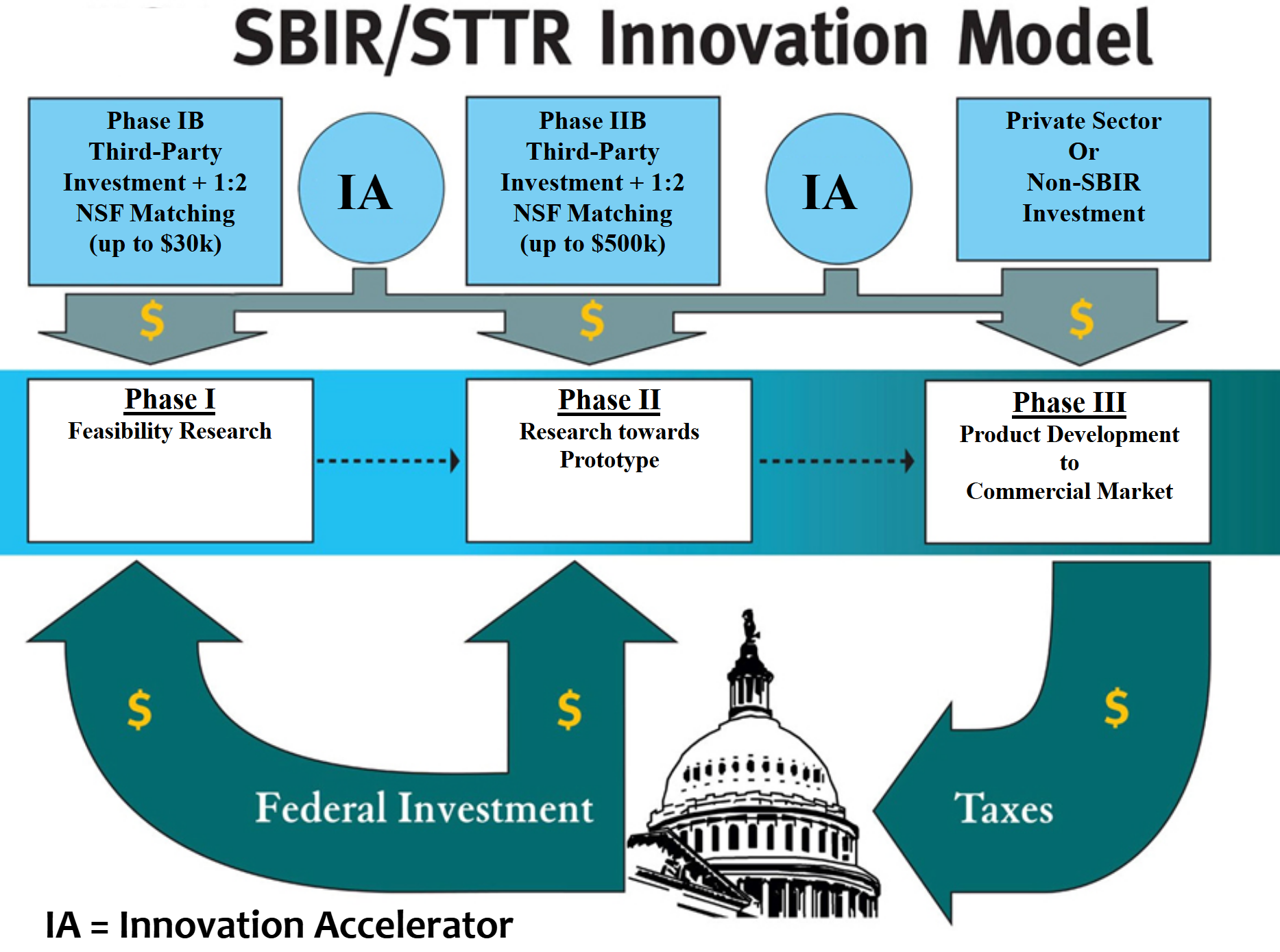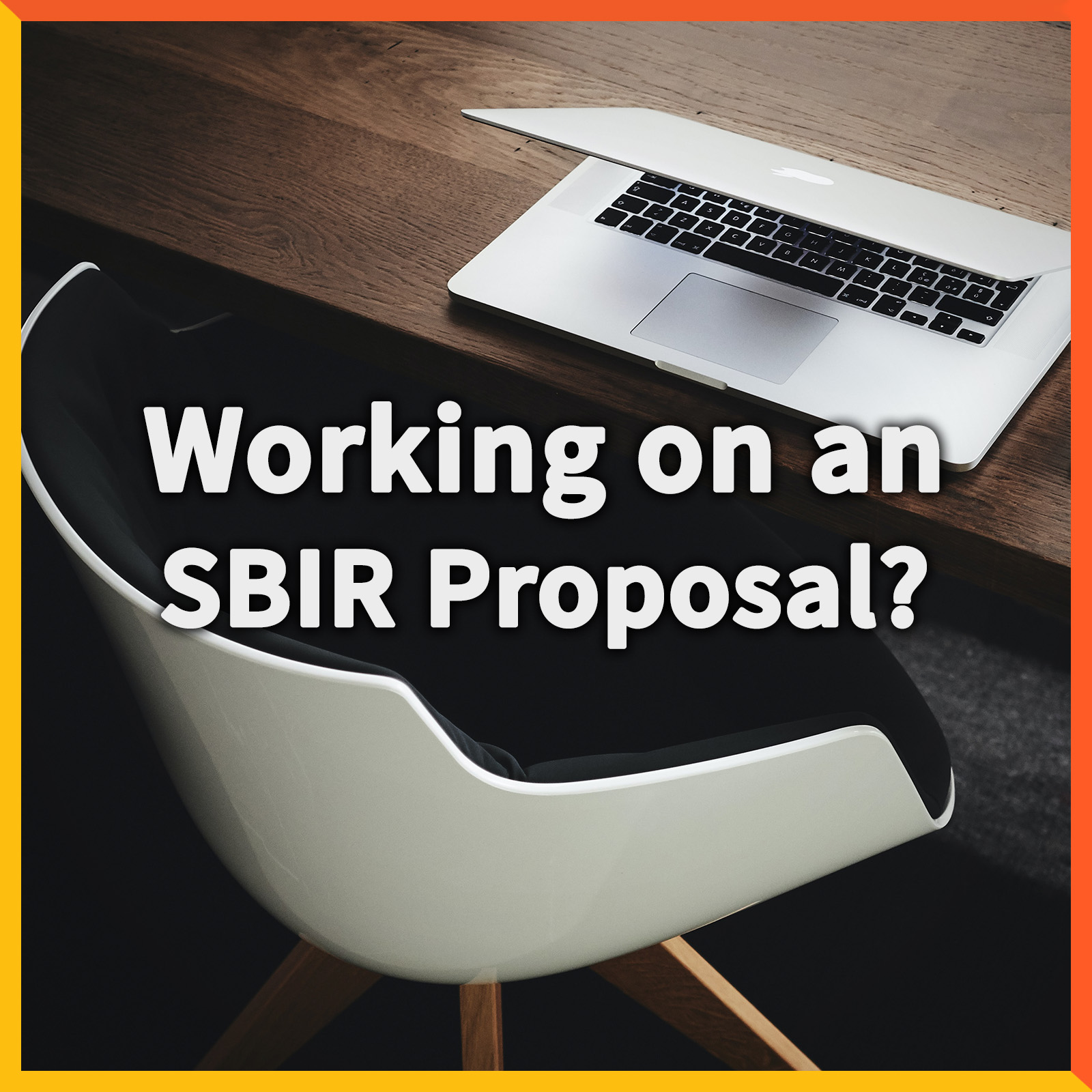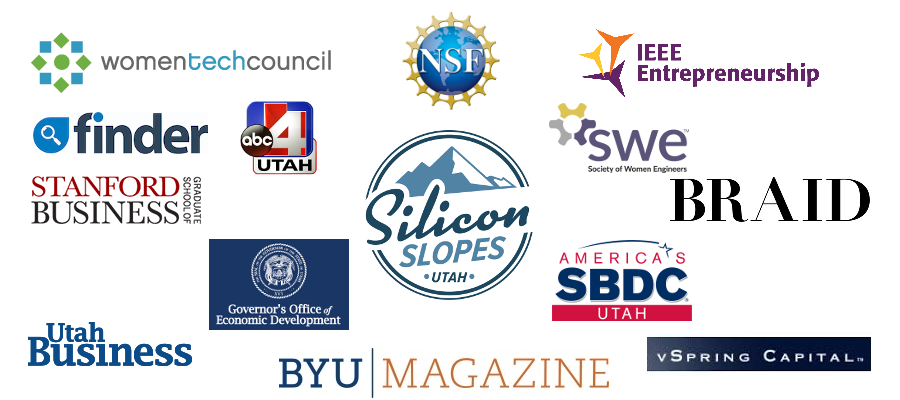I had someone ask me recently to walk them through what happens when you receive an SBIR or STTR award and I thought it might be of interest since we focus so much on getting a quality proposal submitted! As a note, I’ll refer in this post to SBIR for simplicity, but this applies equally to both the SBIR and STTR programs.
Caveat – of course this varies by agency, however, we are seeing increasing similarities as agencies move to be ever more compliant with Congressional expectations. So this at least gives you a framework for what you might expect.
First, it’s important to remember that the SBIR/STTR programs are strongly expected to deliver commercial returns.
Yes, there are very much “broader impacts” and for the DoD and NASA, specific products they want to buy, but the point of the SBIR program is to create vibrant, job creating and tax-paying businesses that deliver innovation and value to society.
Below is a simple flow chart used to train reviewers to help them understand the desired cycle of funds! Pretty direct, isn’t it?

This is important because, as you go through the pre-award process, it helps you have the right perspective.
The point of the SBIR/STTR program is to create vibrant, job creating and tax-paying businesses that deliver innovation and value to society.
Interview
Agencies are increasingly requiring an interview before awarding a Phase I. If you get a request for an interview or video call with the program director for your topic, that is VERY IMPORTANT. It means you have passed the review screening process and are under consideration for funding. For example, in NSF parlance, you’ve been “recommended for funding” by the reviewers. At this point, your proposal has been deemed of sufficiently high quality (i.e. High Risk – High Reward) to be seriously considered for funding.
 The Interview is a way for the Program Director (or TPOC) to determine if you are an enterpreneur who is “going to go all the way”. Do you have a vision for this company? Are you a company with strong values and integrity? Do you have passion and committment? Are you a hard worker? Can you take direction and criticism (be coachable!). Do you and your team have the skills, and relationships, needed to work successfully with that agency and to build a viable business?
The Interview is a way for the Program Director (or TPOC) to determine if you are an enterpreneur who is “going to go all the way”. Do you have a vision for this company? Are you a company with strong values and integrity? Do you have passion and committment? Are you a hard worker? Can you take direction and criticism (be coachable!). Do you and your team have the skills, and relationships, needed to work successfully with that agency and to build a viable business?
The PD will also be interested in whether the company has any financial or organizational issues – bad capitalization table? A lot of debt? Need to pay back-pay to employees? Founder conflict or other issues? Regulatory issues? Make sure you fess up because it will all come out.
These would all be reasons to be concerned about giving your company an award.
Addressing Panel/Reviewer Concerns
Sometimes before the interview, sometimes after, you may be asked to address panelist concerns. Unlike in a venture or angel round of funding (where they want you to do more with less!), SBIR programs want you to have enough money to do the work you’ve committed to do in your proposal. SO, sometimes panels or reviewers will want you to shrink your research plan to better fit in the budget. GREAT, take that advice and make whatever proposal changes your PD “allows” you do make. Note they can’t tell you exactly what to change, but they can give you some very big hints! Take the hint!
SBIR program directors want you to have enough money to do the work you’ve committed to do in your proposal.
However, perhaps reviewers were concerned about something and feel like you need to strengthen that. Take that feedback and get it fixed! You’ll be asked to send an “update” to your PD and the contract will refer to the proposal – which will includes those updates (so make sure you have an integrated copy of the proposal!)
Due Diligence
Your PD is going to hand you a lot of money if you get the award – so they have every right to dig into the health of your business. This seems to vary widely by PD, but be ready with those corporate documents! Make sure you can rapidly put your hands on documents such as: capitalization table, any contracts that obligate or impair the business, contract docs, any other legal documents, agreements with key personnel, founder buy/sell agreements and so on.
Negotiation
Negotiation also depends a lot on agency. With DoD you get handed off to a contracting officer (and these are DoD contracting officers! Be ready!) . At other agencies, the negotiation is usually with the program director. However, for Phase II, most agencies are going to require some type of audit of your financial health. And don’t even start on DoD accounting and audit! (hint, if you don’t now what to expect prior to a Phase II award check out our online course, Develop a Winning SBIR Strategy, where we’ve included videos on the accounting stuff – which is also SUPER helpful in knowing how to manage your Phase I!)
SBIR/STTR accounting is NOT the same as general business accounting. This is government “contract management” and there are specific rules about how you account for the project funding, compared to how you account for funding for other projects undertaken by the company, sales revenue etc.
Award (don’t miss the email!)
If you are in any way in this stage of the process, be sure to SEARCH your inbox every day for your agency (i.e. .mil or nsf.gov). Don’t miss the email! It happens much more often that you think (and that’s from program directors). I like to make sure there are at least two different emails/responsible parties in the proposal submission where possible, in case the gov’t mail service doesn’t like your domain. I suggest one that is “yourcompanyname@gmail.com” as the small biz domains are often slammed by SPAM filters at the agencies.
Want more help?
 If you want more in depth help, either a proposal review or help developing your proposal, you can apply for a spot in our one-on-one VentureWrench SBIR Coaching programs after you’ve gone through the course. Email us at venturewrenchcommunity [at] gmail.com with questions.
If you want more in depth help, either a proposal review or help developing your proposal, you can apply for a spot in our one-on-one VentureWrench SBIR Coaching programs after you’ve gone through the course. Email us at venturewrenchcommunity [at] gmail.com with questions.
And if you need help with any part of your SBIR process – proposal (Phase I or II), TABA, proposal management, or contract finalization, just email us at venturewrenchcommunity [at] gmail.com with questions.
Don’t forget, if you need more help, check out our online course, Develop a Winning SBIR Strategy, and don’t forget your free guide below!

